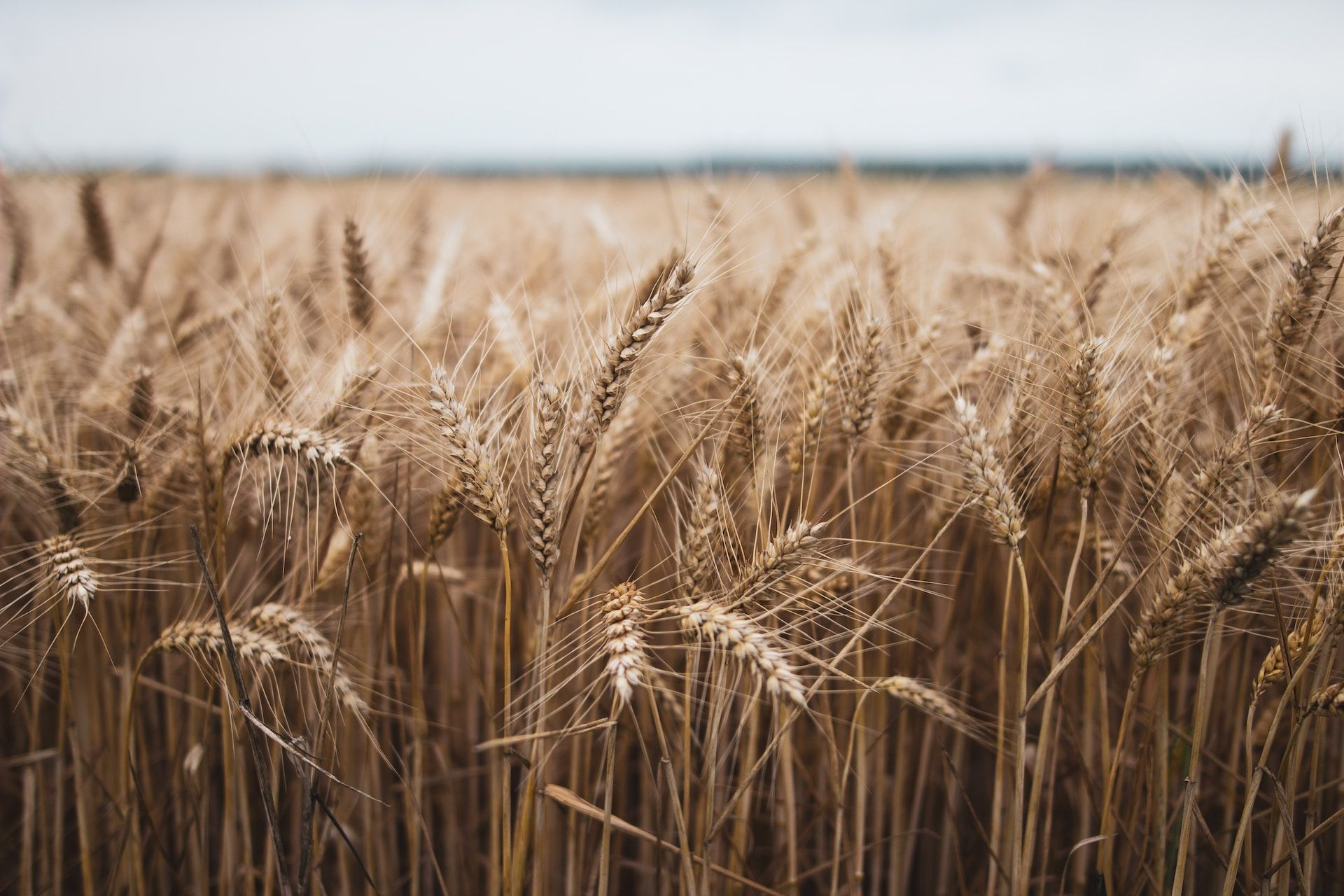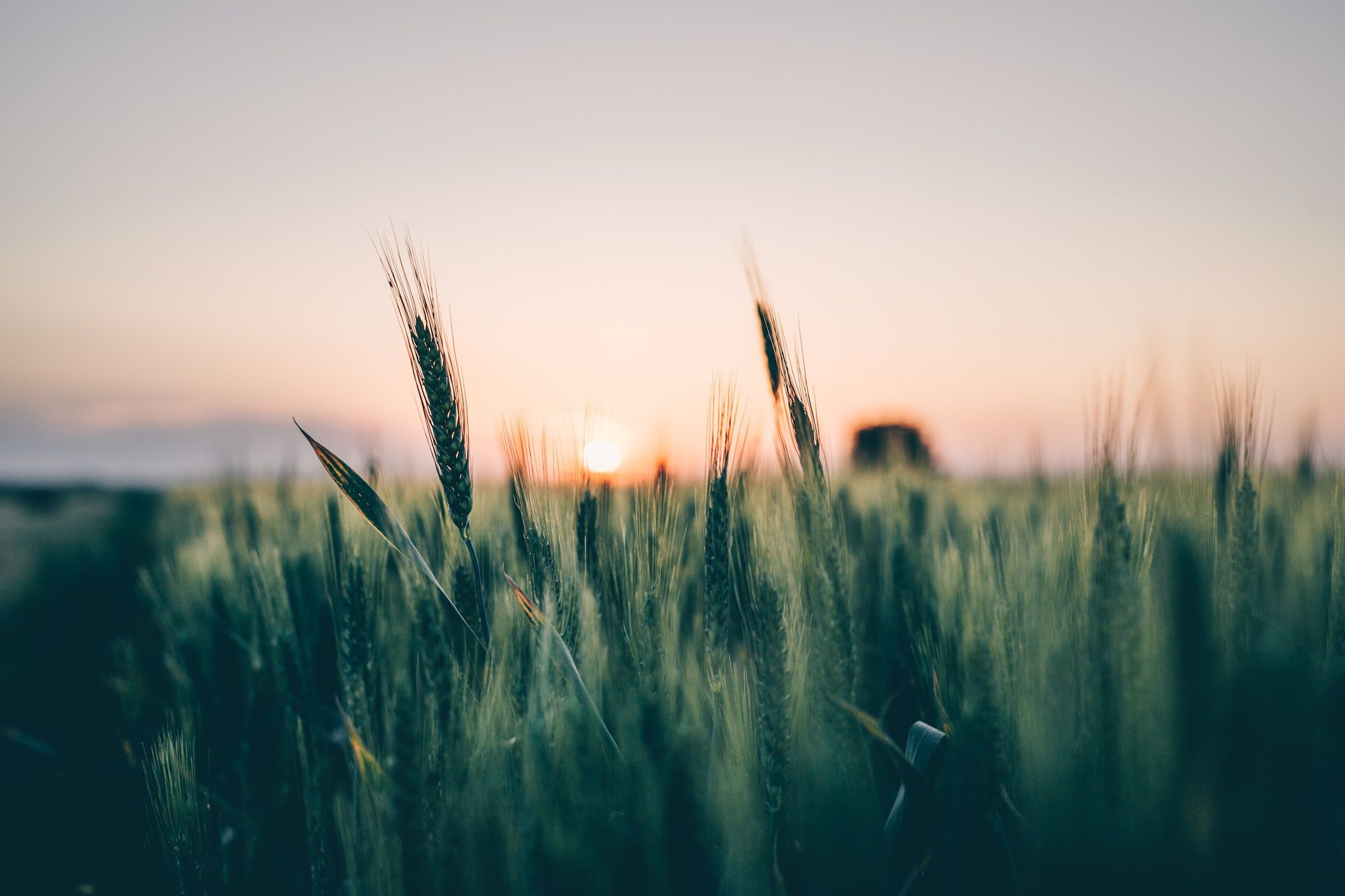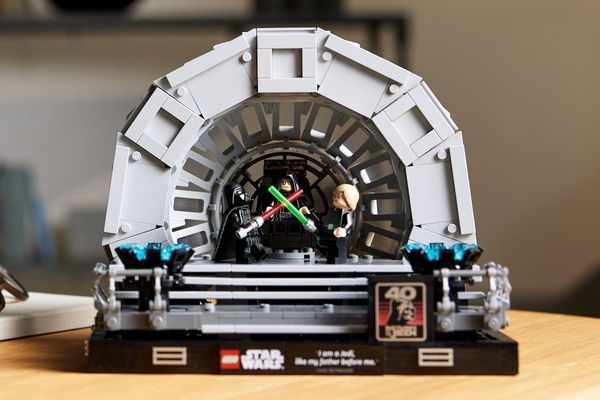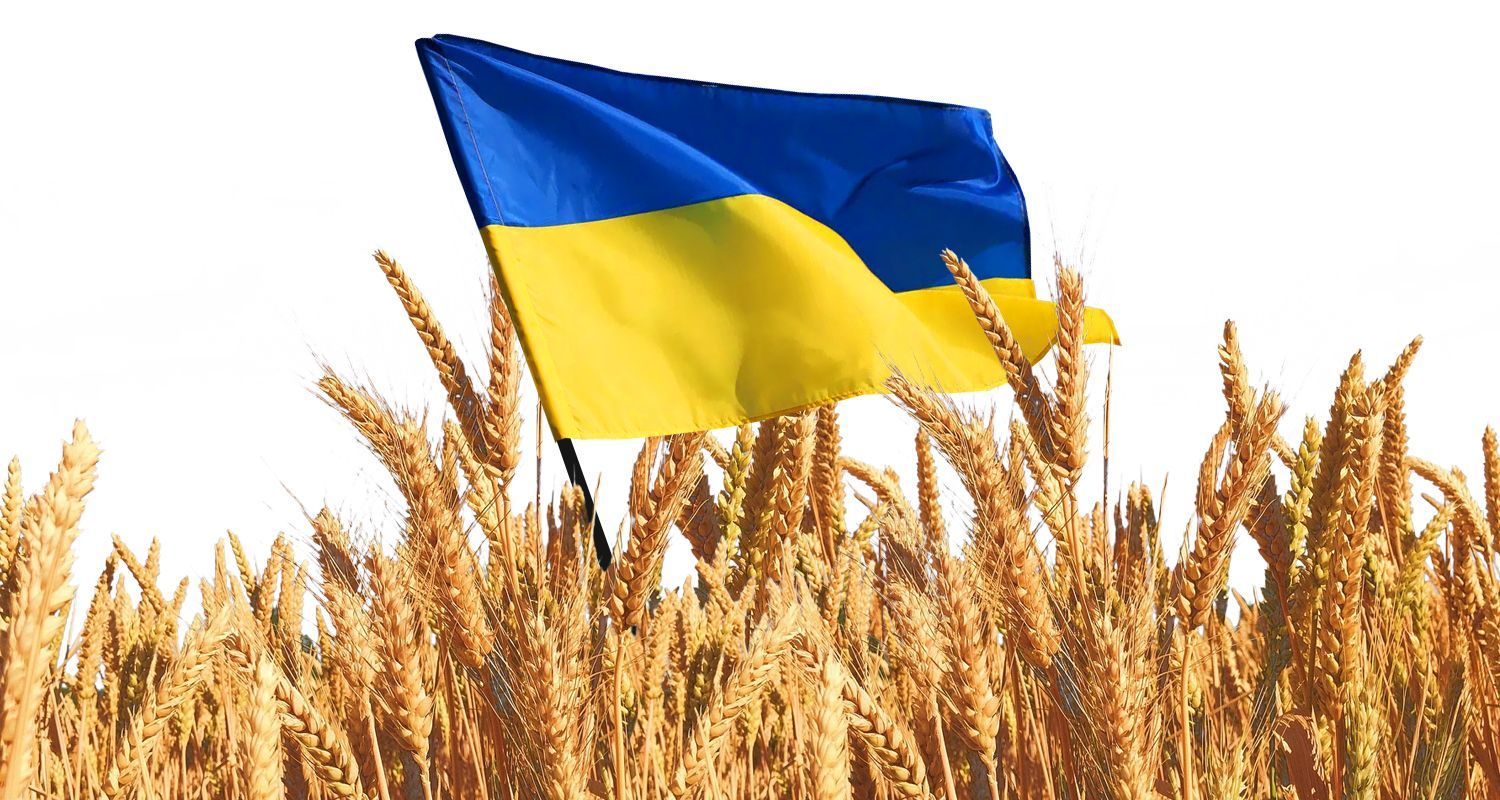The massive imports of Ukrainian grain and its economic consequences are causing turmoil among Central and Eastern Europe’s farmers in the past few months. The problems even affect Polish politics: Henryk Kowalczyk, Poland’s Minister of Agriculture and Rural Development, resigned on 5 April amid growing protests and the lack of feasible solutions. At the moment, it seems that the flow of Ukrainian grain to Europe will continue, but only three of the five states that have applied for EU funding to remedy the situation will get money from Brussels.
Challenges and dissatisfaction have arisen in Central and Eastern Europe due to the duty-free cheap Ukrainian grain imports, which limits the local farmers’ options: they can sell their goods only at a much lower price or not at all. Farmers are desperately protesting as the current duty-free policy, which started when the war broke out, indirectly even threatens their subsistence. The largest farmers’ protests are in Poland, where demonstrations were also held when Ukrainian President Volodymyr Zelensky visited Warsaw on 5 April to express Ukrainians’ gratitude for the unwavering support of the Polish state and people during the war in their country. On the same day, the Polish Minister of Agriculture resigned from his post.
The prime ministers of Bulgaria, Hungary, Poland, Romania, and Slovakia, the five countries most affected by the grain crisis, requested support from the European Commission to address the disturbance in their agricultural sector and the widespread dissatisfaction among the farmers. They sent a joint letter to Commission President Ursula von der Leyen to call for the reintroduction of the currently suspended duties on Ukrainian grain and requesting that the surplus grain be purchased and shipped to vulnerable people in the Middle East and Africa instead of the EU internal market. Furthermore, they also asked for financial help for the farmers disadvantaged by the glut of cheap Ukrainian grain. According to the leading politicians of the five Member States, the „solidarity lanes” set up by the European Commission are not working properly. The „solidarity lanes” were presented by the Commission in May 2022 to help Ukraine with its crop exports. Ukraine’s many ports have been under Russian blockade during the war, meaning alternative (e.g., rail) routes became necessary to transport the country’s grain mainly to the neighboring states. Ukraine’s infrastructure was to be integrated into the EU infrastructure, but according to the five heads of government, this plan failed, and the Ukrainian goods were mostly stuck in the CEE countries instead of reaching their planned destination.
The primary problem is that large quantities of crops (mainly cereals, maize, and sunflowers) got stuck in Ukraine due to the Russian invasion, thus unable to reach the markets of Africa and the Middle East. As one of the world’s largest grain exporters, Ukraine has played an essential role in supplying these regions. To facilitate Kyiv’s import, the European Union set up so-called solidarity lanes, which allow cheap Ukrainian grains to flow into and fill Central and Eastern Europe’s silos. But the Ukrainian produce did not leave for the African or Middle Eastern markets; instead, they entered the European single market duty-free, thus forcing Polish, Hungarian and Romanian farmers out, who could only produce the crops at a much higher price and faced storage difficulties. So, the silos are full, the cheap Ukrainian grain has destroyed the common market, and the CEE farmers cannot sell their own produce. Everyone is angry, and we see no solution yet.
The European Commission finally decided to give money only to Romania, Bulgaria, and Poland; the three countries will receive a total of more than €53 million in aid from the EU agricultural fund to alleviate the economic problems caused by the surplus Ukrainian grain. The Commission argued that Ukrainian imports had the largest effect on the prices in these three countries, so they allocate €29.5 million for Poland, €16.7 million for Bulgaria, and around €10 million for Romania. The Hungarian government has voiced its disagreement with Minister of Agriculture István Nagy saying that „Hungarian farmers are suffering enormous losses because the Ukrainian grain entering the solidarity lanes is not going to the destination country but remains in Hungary.” He added that he believes the Commission made a political decision, not a professional one. On the other hand, the Commission argued that Hungary needs the extra grain, for example, because of the drought, and was not as affected by the price drop as the three countries receiving the compensation.

Henryk Kowalczyk, Poland’s Minister of Agriculture, resigned because of the European Commission’s decision to extend the duty-free period for Ukrainian grain imports until June 2024. Kowalczyk believes the Polish agricultural sector must face further challenges because of this step. „Since it is very clear that the basic postulate of farmers will not be met by the European Commission, I have made a decision and resigned from the function of the Minister of Agriculture and Rural Development,” he said. Kowalczyk’s work has been sharply criticized by Polish farmers, saying that the agriculture minister knew about the destructive effect of the influx of Ukrainian grain but failed to warn them or take any action to remedy the expected difficulties. „Mr. Kowalczyk had information that more grain than could be handled was coming from Ukraine, that it would stay in the country, and that it would swamp our market, but he did nothing,” said the leader of AGROunia, one of the movements organizing the protests.
Polish Prime Minister Mateusz Morawiecki has tried to resolve the tense situation by asking the agriculture minister to draw up new rules before he steps down: “Kowalczyk is instructed to very quickly set out rules that will allow us to sell some of the grain that has accumulated in Poland, to send it in North Africa or the Middle East, which was its original destination anyway,” said Morawiecki. Moreover, he added that „new appropriate regulations will be introduced that will allow us to limit the influx of Ukrainian grain to Poland.” Poland has shown unwavering solidarity with Ukraine since the beginning of the Russian invasion. Still, Morawiecki believes that, in this case, he should prioritize the interests of Polish farmers and the country’s agricultural sector.

Nonetheless, the farmers’ protests are not getting any quieter: farmers protested with tractor blockades against duty-free Ukrainian grain in Bulgaria and Romania, and the situation is also very tense in Poland. The demonstrators are not against solidarity with Ukraine but are motivated by their own economic difficulties and the loss of their competitiveness. They mostly blame the real or perceived negligence of the European Commission and their national governments. For example, a Bulgarian trade union leader said that, although they are expressing solidarity with Ukraine, they believe that the European Commission should take all Member States’ interests into account and make European agriculture competitive again, as in Bulgaria, for example, the glut of Ukrainian grain has led to a 50% drop in prices on the local market. The European Commission estimates that farmers in Romania, Hungary, Bulgaria, Slovakia, and Poland have lost €417 million due to the influx of cheap Ukrainian grain.
Graphics by László Bárdos

A library named after Milan Kundera opens in Brno

Recreate iconic scenes from Star Wars: Return of the Jedi with new LEGO dioramas!










